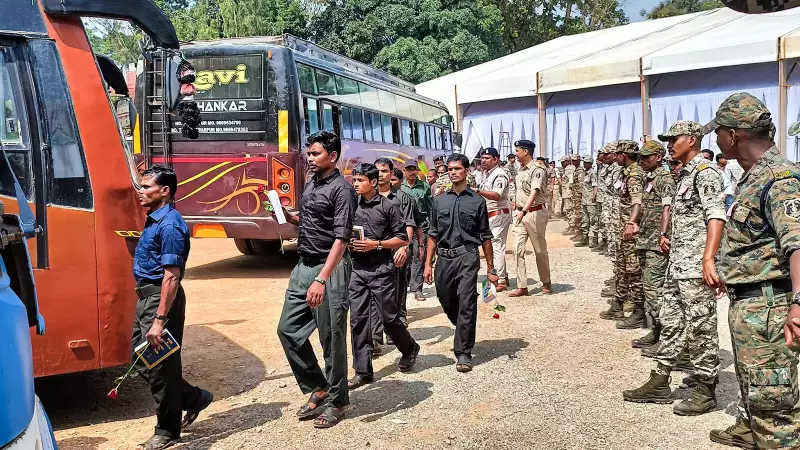
In the dense forests of Chhattisgarh, a former Maoist commander now walks a different path—one of peace and reconciliation. His story reveals the complex realities behind India's long-standing battle with Left Wing Extremism and the human cost of ideological warfare.
The Dream That Led to the Jungle
"I wanted to change the system," the former insurgent recalls, his voice tinged with the weight of experience. "Like many young idealists, I believed the Maoist movement was the only way to challenge systemic injustice and bring about real change for marginalized communities."
Drawn by promises of social revolution and equality, he left behind his family and ordinary life to join the armed struggle. The initial days were filled with ideological fervor and the conviction that they were fighting for a noble cause.
The Harsh Reality Sets In
However, the romanticism of revolution soon gave way to brutal reality. "Nothing changed," he admits with painful honesty. "We were fighting for years, but the people we claimed to represent continued to suffer. The movement became more about survival than ideology."
Living conditions in the jungle camps were extremely challenging, with constant fear of security operations and limited access to basic necessities. The ideological purity he had initially embraced seemed increasingly distant from the ground realities.
The Turning Point
Several factors contributed to his decision to surrender:
- Growing disillusionment with the movement's leadership and methods
- Witnessing continued suffering of local communities despite years of conflict
- Realization that violence wasn't bringing meaningful change
- Government rehabilitation programs offering a way out
A New Beginning
Today, the former Maoist is part of the government's surrender and rehabilitation program. His journey from armed insurgent to productive citizen represents hope for many still trapped in the conflict.
"The system can be changed from within," he now believes. "Through democratic processes and constructive engagement, real progress is possible without bloodshed."
Security experts note that stories like his provide valuable insights into the mindset of Maoist recruits and the factors that can lead to their reintegration into mainstream society.
Broader Implications
This personal narrative comes at a crucial time when security forces in states like Chhattisgarh, Jharkhand, and Odisha are increasingly focusing on rehabilitation and surrender policies alongside military operations. The human story behind the conflict offers important lessons for policymakers and security strategists alike.






